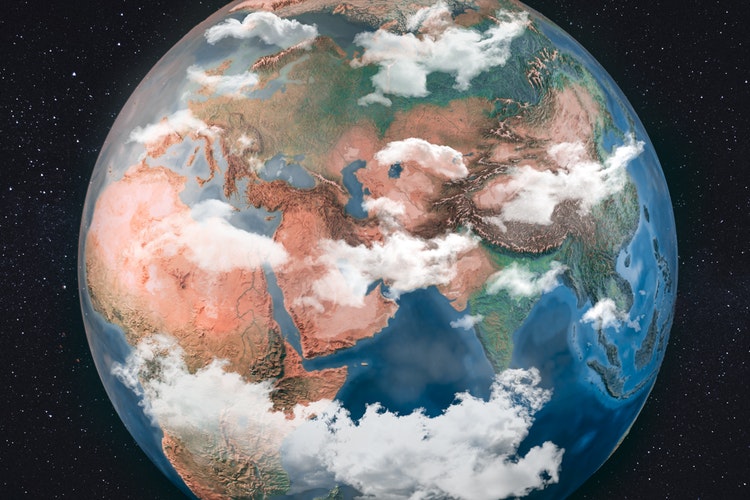
Photo Credit: pexels
Around the world, a variety of sources – governments, activists, and rogue actors – are using fake news, disinformation, and incendiary propaganda on social media platforms such as Facebook in order to serve their own purposes. The problem is perhaps greatest in the developing world – in places such as India, Nigeria and Brazil – were social media platforms have taken a blind eye to the possible abuses taking place in open view of everyone. In fact, social media observers have categorized three broad types of disinformation that is increasingly showing up on Facebook and other social media platforms.
Disinformation as a political weapon
The first case of disinformation is perhaps the most obvious – this would be the case of nations like Russia spreading disinformation on social media in order to meddle in elections, destabilize democracy, and sow doubts about what is real, and what is not. Viewed from this perspective, disinformation is a form of cyber warfare that takes advantage of the open nature of most social media platforms. The old joke used to be that, on the Internet, nobody knows you’re a dog. Now, the new joke is that, on the Internet, nobody knows you’re a Russian bot.
Disinformation as a way to crack down on dissenters and minority voices
The second case of disinformation involves authoritarian governments using social media as a tool of political suppression. Using Facebook, for example, it might be possible to create a social media profile that takes a very negative view of domestic political opponents or ethnic or religious minorities. Thus, a government like China might use the Internet to monitor and track dissenters, and then to crush any political dissent as it bubbles up from the bottom.
Disinformation to discredit rivals and spread inflammatory ideas
Finally, there is the type of disinformation that is used by political parties and political activists to discredit rivals, spread inflammatory hate speech, and sow internal division. Elections in Brazil and India, for example, are now notorious for the ways that political parties use Facebook to manipulate political opinion. With a few well-timed Facebook posts, it’s possible to smear and ruin a candidate forever.
A solution to the disinformation problem
So what can be done to stop the spread of disinformation worldwide? By now, the idea of letting a social media platform like Facebook “self-regulate” should be laughable. Another option is essentially “outsourcing” the role of fact-checking and regulation to neutral, unbiased non-governmental organizations (sort of like UN election monitors in Third World countries).
But there is a third solution, of course, and that’s for governments to regulate social networks for disinformation. In America, that might be a great idea, where an entity like the Federal Trade Commission (FTC) might take on new powers to protect consumers from social media disinformation. But what about in a place like Russia, China or Iran? Do you really want to empower an authoritarian regime to define what is true, and what is not? Ultimately, the big social media platforms need to step up and realize that disinformation is much more of a global problem than many people think.